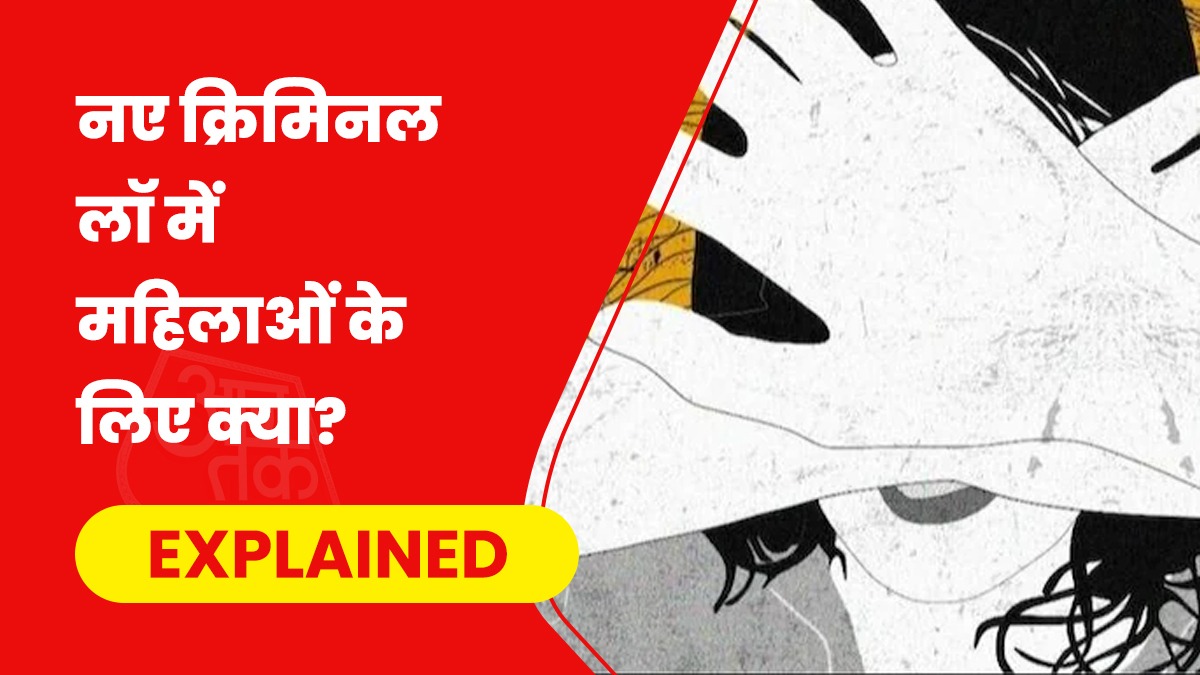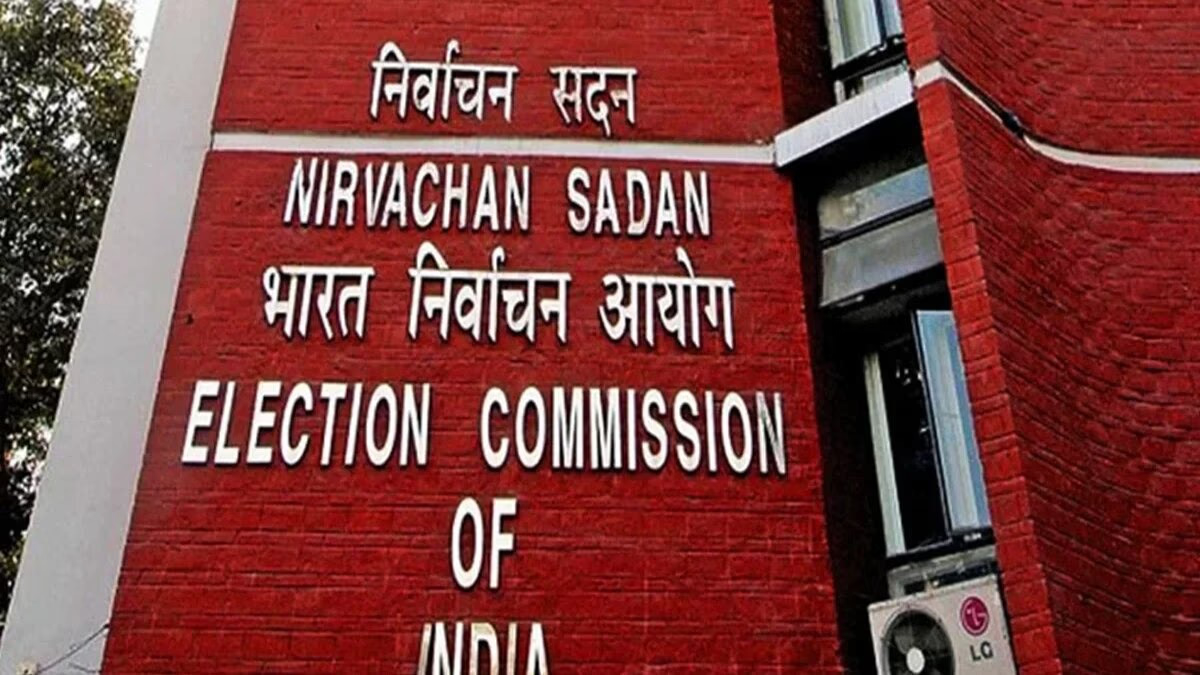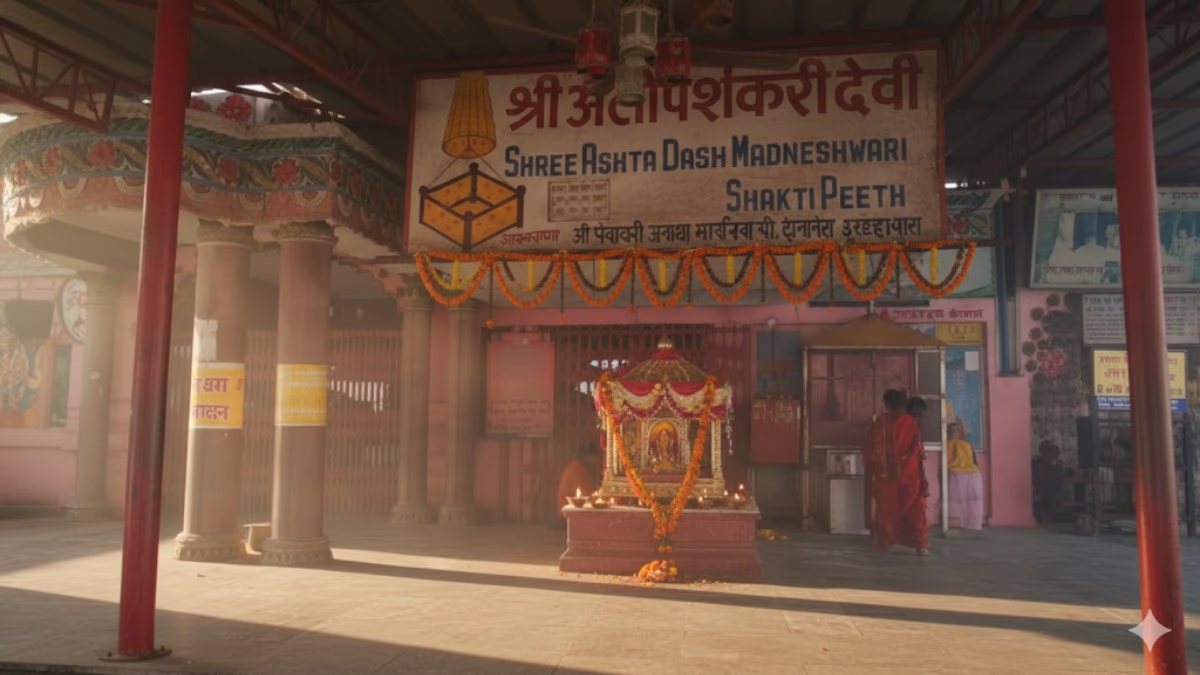Three new criminal laws are set to come into force. The Union Law Minister, Arjun Ram Meghwal, has announced that all three laws will be effective from July 1st. He stated that reforms must keep pace with changing times. People were not receiving timely justice due to problems within the system, prompting these changes.
After the implementation of the new laws, the IPC of 1860 will be known as the Indian Penal Code, the CRPC of 1898 as the Indian Civil Protection Code, and the Indian Evidence Act of 1872 as the Indian Evidence Statute. The changes will not just be in name but in many other aspects too.
What constitutes a crime and its punishment is determined by the IPC, soon to be called the Indian Penal Code. The IPC had 511 sections. The new Indian Penal Code will have 356 sections.
With the application of these new laws, a lot will change, including stringent provisions for crimes against women in the Indian Penal Code.
What will change for women?
IPC Section 375 defines rape, while Section 376 prescribes its punishment. However, in the Indian Penal Code, Section 63 redefines rape, and Sections 64 to 70 delineate the punishment.
Under IPC Section 376, a rape convict could face up to 10 years in prison. The Indian Penal Code Section 64 prescribes the same punishment.
The Indian Penal Code enforces harsher punishments for rape of minors. Those found guilty of raping a girl under 16 years of age are subject to a minimum of 20 years in prison, which can extend to life imprisonment. Life imprisonment in these cases means the convict will spend the rest of their life behind bars.
Section 65 of the Indian Penal Code states that anyone found guilty of raping a child under 12 years could face a jail term ranging from 20 years to life imprisonment, with the addition of a death penalty provision in certain situations. Moreover, violators must also pay a fine.
What will be the punishment for gang rape?
The penalties for gang rape have been made stricter. IPC Section 376(D) contains provisions for the punishment of gang rape. Under the IPC, a gang rape convict could face anywhere from 20 years to life imprisonment, along with a monetary fine.
In the Indian Penal Code, the same penalties apply for gang rape. However, under Section 70(2), if a person is found guilty of the gang rape of a minor, life imprisonment is the minimum punishment, and the death penalty is also possible.
Punishment for deceitful relations under the premise of marriage
A new Section 69 has been introduced in the Indian Penal Code. It prescribes a punishment of up to 10 years for anyone who has a sexual relationship with a woman under false promises of marriage, employment, or promotion. A fine will also be levied. This provision also prescribes 10 years of imprisonment for concealing identity to get married.
No changes have been made regarding the punishment for dowry deaths. IPC Section 304(B) and Indian Penal Code Section 80 define dowry death and its punishment.
According to this, if a woman dies by burning, injury, or under suspicious circumstances within seven years of marriage, and it's discovered that her husband or his relatives had harassed her before her death, it's considered dowry death. If found guilty, the minimum sentence is 7 years, which can be extended to life imprisonment.




